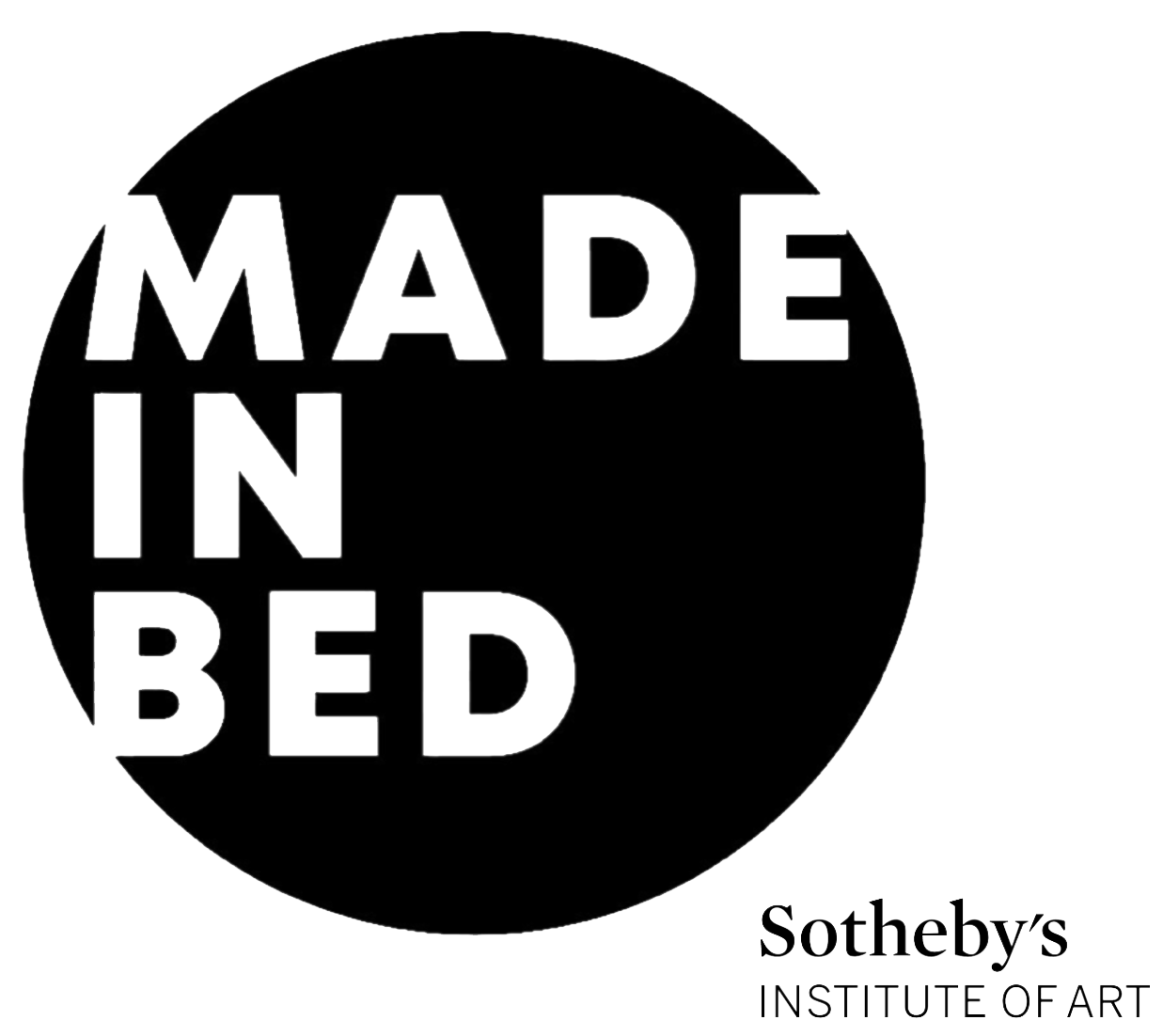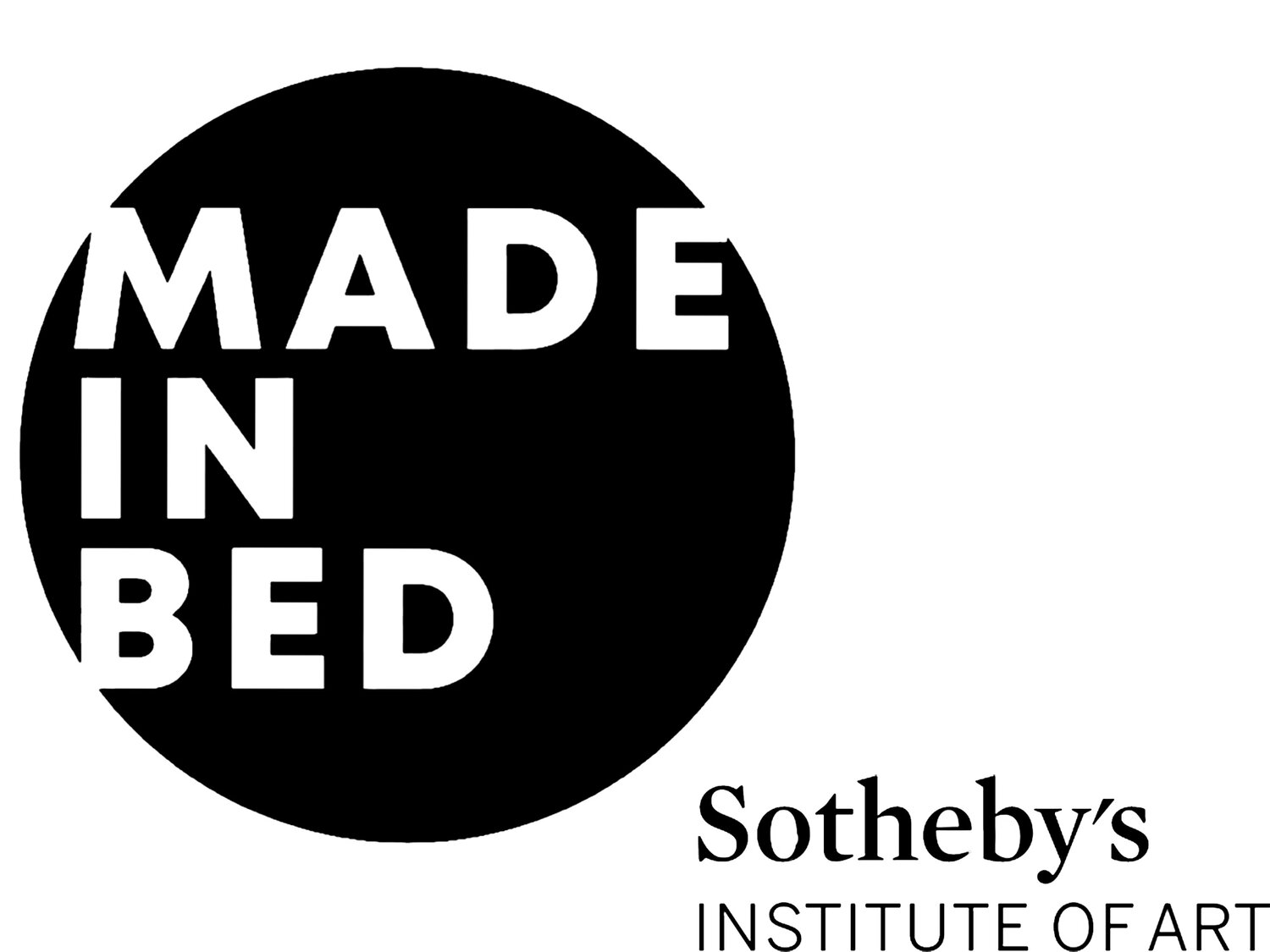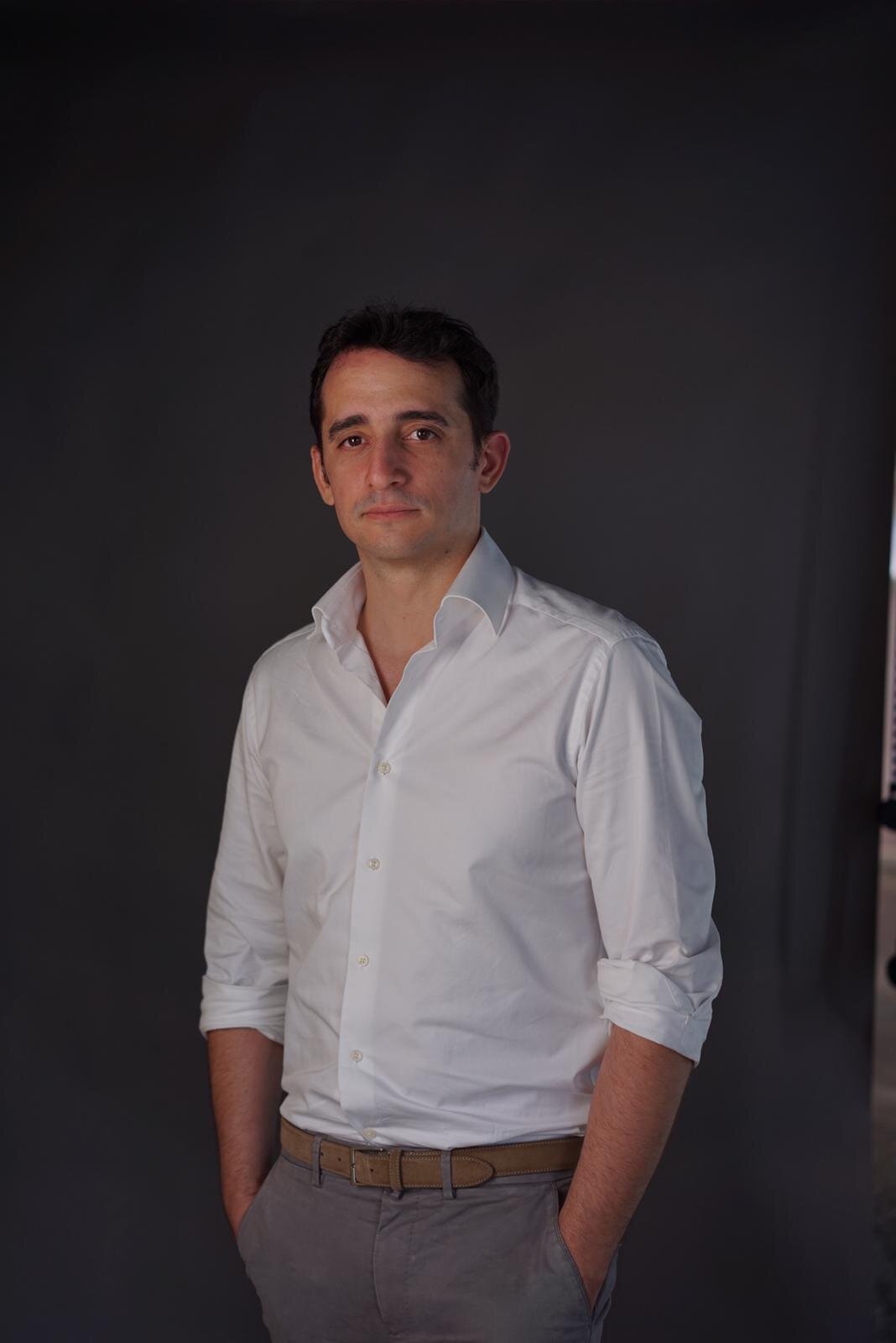Pin Yu in Co(ro)n(a)versation with Khaled Feki, CEO of Epsilon ArtShare
To discuss the changing art world, Pin Yu, MA Art Business student at the Sotheby’s Institute of Art, has spoken with Khaled Feki, the CEO of Epsilon ArtShare.
The impacts of the COVID-19 pandemic on the global art industry cannot be understated. Almost all of the world’s art venues abruptly shut their doors, with exhibitions postponed and, in some cases, canceled altogether. Art institutions hope to make up for this loss of face-to-face participation through online means. The future of the art scene is uncertain.
Khaled Feki, © Epsilon ArtShare
Khaled, how do you view the impacts of the pandemic on the art world?
In many fields, the COVID-19 pandemic seems to be acting as an accelerator for elements of change that had already started before the pandemic. For the art industry, the pandemic is driving a shift toward a more online art market. It’s changing how art businesses find new customers, sell art to them, and present art online. This is interesting because this sort of accelerated reformation of the art sector may enable new disruptors to emerge.
Your business, Epsilon ArtShare, is an art app. How has it changed because of the pandemic? What are your plans for the post-COVID-19 era?
We launched our app before the pandemic hit, and we’d already been focused on bringing the art world online. However, recent events like the canceling of TEFAF after it had opened and galleries had already spent a fortune preparing for it, made us realise that we should make our platform more useful to galleries. It’s simply not possible for every great gallery in the world to become globally visible online on its own: there are just too many of them for collectors to find and follow online.
Instead, there is space for a limited number of global platforms that showcase many galleries in one place, and there is still space for such platforms to emerge. In our case, we would like to entice galleries to list their items for sale on our platform, and we are now talking to investors to make that happen.
Screen shot of Epsilon ArtShare, © Epsilon ArtShare
We’ve also been working for a while on finding ways to better show art on a smartphone. We recently started working with a company called plinth.it that has developed a great tool for exhibiting art on phones, which we are planning to incorporate into our app. By taking many photos of an object from every angle, their software can create a 3D image of the object that users can move in any direction and zoom in on. The visual result is excellent and the process is simple. We are eager to launch this feature on Epsilon ArtShare soon because we want users to view our art pieces as if they had them physically in their hands.
These are all trends that began before the pandemic arrived, but now we’re seeing them accelerate because of it.
How do you see the art market performing in the coming months and years?
A recent survey has shown that more than one-third of galleries globally are not expected to survive until the end of the year. With many other industries suffering, a large number of collectors won’t be buying any art and will be looking to sell pieces. Therefore, I expect the art market to suffer a great deal and for prices to drop. That said, I firmly believe the art market will ultimately come out of this stronger. Businesses that were able to adapt and make the right choices will probably survive and find themselves well positioned to profit from the start of a new, inevitable cycle of growth for the art market. Art will never die, and humans will never stop being interested in it or want to own beautiful artworks when they can, so there will always be an art industry. But the art market will need to evolve, and it will probably be significantly more online in the coming years than it was at the start of this year.
Are you optimistic then for Epsilon ArtShare?
I wouldn’t say optimistic – things are going to be very challenging for most art businesses. However, we try to think outside the box and come up with new ways to adapt our business model to the tough environment in which we’ve found ourselves. I believe that these circumstances will create important opportunities, and we will only have ourselves to blame if we don’t manage to grab them.
Thank you Khaled.
Pin Yu,
Contributor, MADE IN BED



